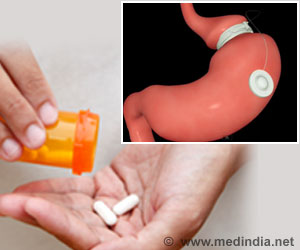
While the Geisinger study does not support a collateral benefit of bariatric surgery in most children, it clearly demonstrates a benefit in boys with a BMI of 85-94. Identifying an opportunity to lower BMI in overweight boys is particularly important, given there has been a significant increase in obesity prevalence among men and boys over the last decade, while obesity rates have remained stable in girls and women.
"The relationship between parent and childhood obesity is likely attributable to a combination of genetic and family environmental influences," says Christopher D. Still, D.O., director of Geisinger's Obesity Institute. "We believe that environmental influences, including parental modeling of eating behavior, responsiveness to child signals, and availability of certain foods in the home, may offer possible opportunities for intervention. Parental obesity is one of the strongest risk factors for childhood obesity. The prevalence of obesity among children living with bariatric surgery in our study was 40 percent – twice the national average. Obese children are more likely to suffer from physical and emotional ailments like high blood pressure, acid reflux, knee and back pain, and low self-esteem.
"Children of parents who undergo bariatric surgery are at a high risk of obesity. We may be able to leverage bariatric surgery to help us target children at high risk of obesity for a weight loss intervention," says Annemarie Hirsch, Ph.D., research investigator from Geisinger's Center for Health Research. "Specifically, because the adult family member is already engaged in making lifestyle changes, this may present an opportunity to target the parent in a family-based healthy lifestyle intervention."
Source-Medindia












